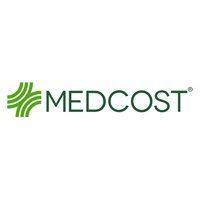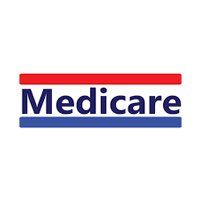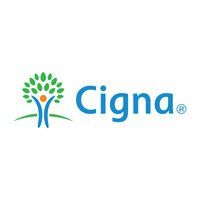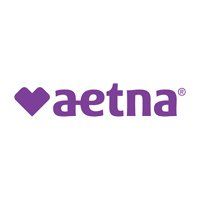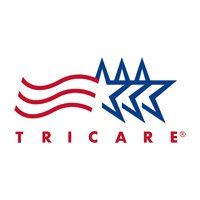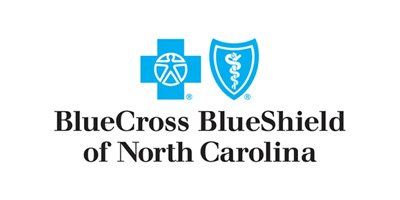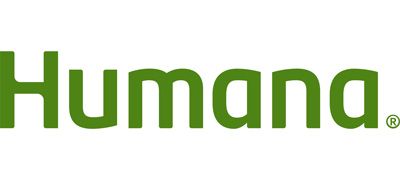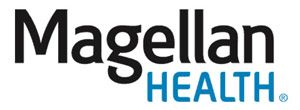Obsessive Compulsive Disorder
Discover how medication management, SPRAVATO and TMS can help with OCD.
Obsessive-Compulsive Disorder, more commonly known as OCD, is a mental health condition characterized by unreasonable thoughts and fears (obsessions) that lead to compulsive behaviors. Those who suffer often experience relentless cycles of intrusive thoughts and rituals, which can be both time-consuming and distressing.
Obsessive-compulsive disorder (OCD) affects approximately 5% of individuals, with research suggesting that genetic predisposition may play a role in its development. This mental health disorder is characterized by persistent, intrusive thoughts (obsessions) and compulsive behaviors that can interfere with daily life.
It's important to note that while many people have certain obsessive or compulsive tendencies, having OCD means that these behaviors and thoughts are persistent, interfering with daily living.
OCD Symptoms
OCD can be highly distressing and time-consuming, often impacting one’s quality of life. Understanding the signs and symptoms of OCD is the first step in finding the support you need for you or a loved one.
Obsessions
Obsessions are intrusive, persistent, and unwanted thoughts, images, or urges that cause distress or anxiety. They are often irrational or irrational fears and can focus on themes such as contamination, harm to oneself or others, or a need for symmetry and order.
Compulsions
Compulsions are repetitive behaviors or mental acts that a person feels compelled to perform in response to their obsessions. In therapy, compulsions are meant to help reduce the stress caused by the obsessions. Common compulsions can include checking, washing, counting, repeating actions, or mental rituals.
In addition to obsessions and compulsions, OCD symptoms can also include the following:
- Intrusive Thoughts: Unwanted and distressing thoughts that persistently enter the mind.
- Fear of Contamination: An excessive fear of germs or contamination, leading to extensive handwashing or avoidance behaviors.
- Counting and Ordering: An obsession with specific numbers or the arrangement of items in a particular order.
- Checking Rituals: Frequent checking of locks, appliances, or switches to ensure safety.
- Repeating Actions: Engaging in the same action repeatedly to prevent a feared event.
- Hoarding Tendencies: Compulsive hoarding of items due to an inability to discard them.
OCD Treatment in Apex, NC
Recognizing these symptoms is the first step toward seeking help and understanding that you are not alone in your struggle. The good news is that OCD is treatable, and treatment is available in
Apex, NC. It's okay to seek help and start the journey towards regaining control over your life.
Common treatment options for OCD can include:
Cognitive-Behavioral Therapy (CBT)
CBT is one of the most common and effective treatments for OCD. It involves working with a trained therapist to identify, challenge, and reframe the negative thought patterns that drive obsessions and compulsions. Exposure and Response Prevention (ERP) is a specific form of CBT frequently used to address OCD. In ERP, people are gradually exposed to their obsessive triggers while refraining from performing their compulsive behaviors. Over time, this desensitization process can help reduce the anxiety associated with obsessions.
Medication
In some cases,
medication can be a helpful complement to therapy. Selective Serotonin Reuptake Inhibitors (SSRIs) are commonly prescribed to people with OCD. These medications can help regulate the levels of serotonin in the brain, which may be imbalanced in those with OCD. Our team can help you find the right medication and dosage for relief.
Self-Help Techniques
While therapy and medication are the primary treatment approaches, there are self-help techniques that people with OCD can use in their daily routines. Mindfulness, relaxation exercises, and stress reduction techniques can be valuable tools for managing anxiety and compulsive urges.
Support Groups
Joining a support group for people with OCD can provide a sense of community and understanding. These groups offer a safe space to share experiences, gain insight, and access additional resources for managing the condition.
Lifestyle Adjustments
Creating a
healthy lifestyle that includes exercise, a nutritious diet, and quality sleep can contribute to overall mental well-being. Reducing stress and ensuring self-care is an essential aspect of managing OCD and your overall wellness.
TMS Therapy
In some cases, people with OCD may benefit from specialized therapies beyond CBT and medication. These can include
Transcranial Magnetic Stimulation (TMS) and
Ketamine therapy. These innovative approaches aim to provide alternative methods for symptom reduction, particularly for those with treatment-resistant OCD.
It's important to remember that OCD treatment is highly individualized. What works for one person may not be the best fit for another. Successful management of OCD often involves a combination of treatments tailored to the specific needs and circumstances of the person.
Reach out to our team today for a consultation so you can get on the path to healing.
OUR NAVIGATION
CONTACT US NOW!
It's important to know that you are not alone. Get help with depression today!

TMS THERAPY SUPPORTS MENTAL WELLNESS
- Depression
- Sadness or Despair
- Low Mood or Lethargy
- Irritability
- Lack of Joy
- Social Isolation
- Self-Harm
- Eating Disorders
Is ketamine therapy Right for you?
Do you suffer from depression, and common treatment options remain unsuccessful?
Do you want to feel the effects of treatment faster than traditional therapies? Then it's time you consider ketamine therapy.
In 1970, the FDA gave ketamine its seal of approval as an anesthetic. It was used to alleviate pain in injured soldiers on the battlefields of Vietnam.
Now, ketamine has matured to support individual mental health.
Unlock the promise of ketamine therapy today.
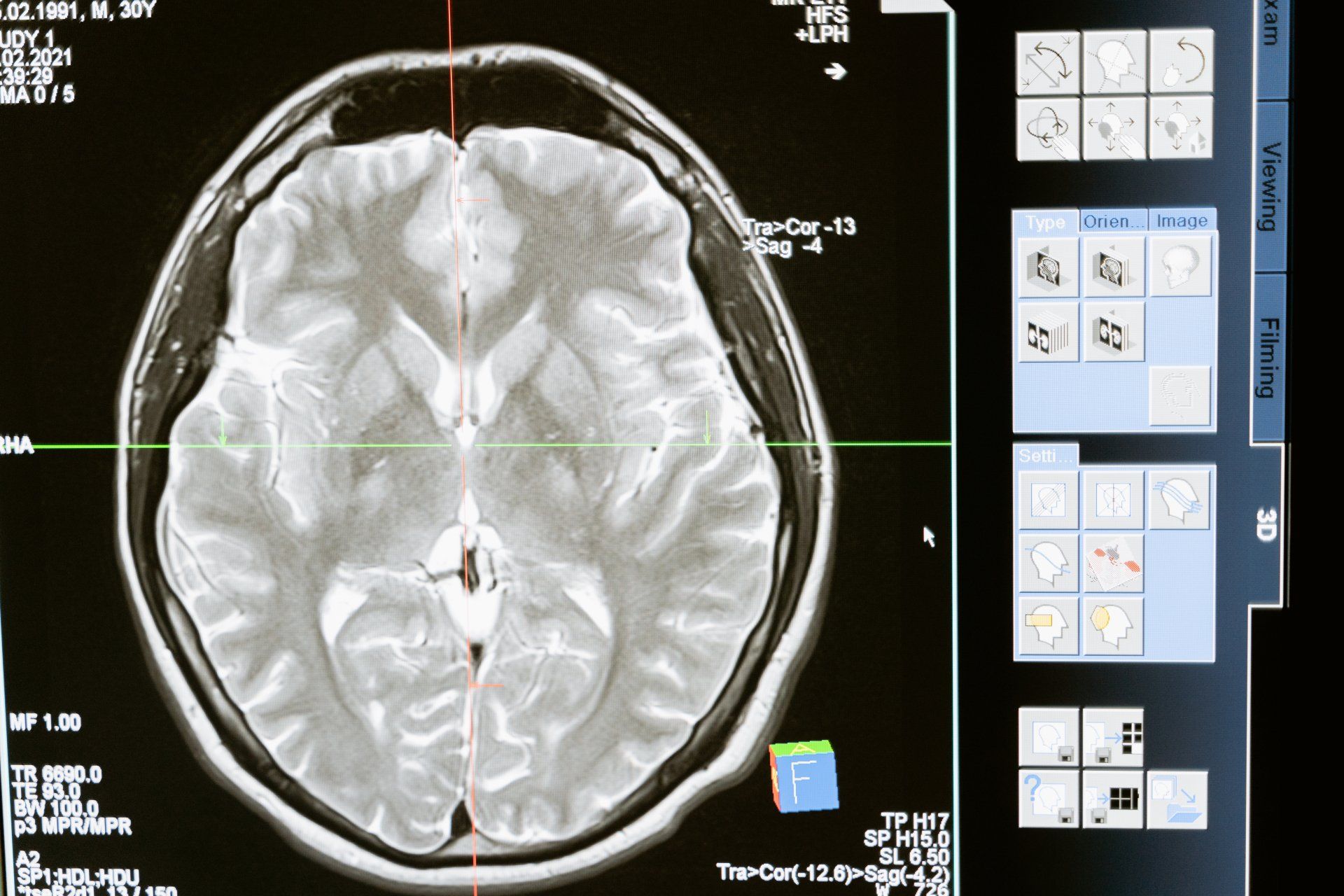
A Brief Look at Ketamine Throughout History
Ketamine was discovered in 1962 by Calvin L. Stevens, a professor of chemistry. It quickly proved to act quicker than the leading anesthetic at the time, PCP. The U.S. eventually approved ketamine in the 1970s for anesthetic use during the Vietnam War. As time passed, people began to use it illicitly, and it became a federally controlled substance in 1999.
But despite this classification, researchers remained steadfast, knowing ketamine could unlock the enormous potential for treating several health conditions. Now, after years of extensive research, significant findings show the promise of ketamine to manage various mental health conditions when administered in low doses.
Ketamine is the future of mental health treatment. Unlock it's potential and find the relief you deserve.
KETAMINE INFUSION & TMS THERAPY
We provide evidenced-based comprehensive therapy to individuals suffering from depression, anxiety, obsessive compulsive disorder (OCD), post-traumatic stress disorder (PTSD), and more by providing long-term relief for debilitating symptoms. The right program with ketamine and TMS may be the perfect solution to support your mental wellness.
Local to Apex NC?
Contact us today!

Rapid Symptom Relief
Ketamine doses act quickly! Most patients notice improved mood or mental state improvement within the same day of treatment. Dosage can depend on your unique needs. Have questions? Contact the NC Institute of Advanced Neurohealth.
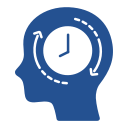
Sustained & Long-Term Relief
Combination Therapy with Transcranial Magnetic Stimulation (TMS or rTMS) and Ketamine is a safe and highly effective alternative to medications and other forms of therapy and lifestyle changes. When medications, psychotherapy, and lifestyle changes don't help, then transcranial magnetic stimulation (TMS therapy) with Ketamine should be considered.
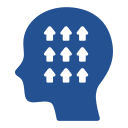
Outpatient Comfortable Care
Our expert staff will put you at ease. While Ketamine has proven to be effective in the treatment of depression, pain, and other mood disorders, this is irrelevant until the FDA classifies the drug as an antidepressant. The good news is, since Ketamine is a "medical expense", we are able to accept payment from HSA and FSA accounts.


